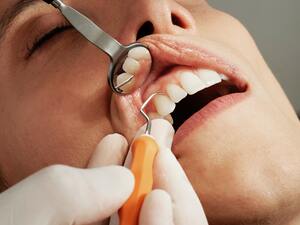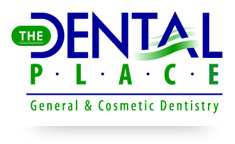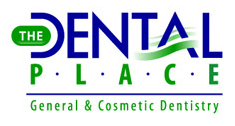02 Jan Does Teeth Cleaning Hurt? What to Expect At Your Prophy Appointment
Teeth cleaning by a professional might seem daunting, especially when you see the variety of tools they use. But rest assured, your prophy appointment, also known as a prophylaxis appointment, is just about cleaning your teeth and preserving your oral health. It’s not a painful process and will help to reduce your risks for gum disease and tooth decay. Here’s what you can expect during your routine cleaning or prophy appointments.
Update Your Medical History
The first step isn’t the cleaning itself. Instead, your dental hygienist updates your medical history. You should always inform them of any changes, including allergies, new medications, or recent diagnoses. These can affect your mouth’s health, as well, and may need to be considered should you require additional oral health treatments.
Examine Your Gum Health
The next step during this appointment is to measure your gum tissue to check for signs of gum disease. A periodontal probing tool measures the precise depth of the tissue to ensure it’s not pulling away from the teeth.
You may also have X-rays taken, which may only be needed annually and not during every appointment.
Teeth Cleaning
When you see the cleaning tools, especially those with sharp picks on the ends, you might worry about whether the cleaning will hurt. However, rest easy. While you might feel some pressure, your dental hygienist is trained to clean your teeth without hurting you.
During the roughly one-hour prophy appointment, your teeth are brushed with an ultrasonic brush and flossed thoroughly. Then, your teeth are polished to remove softer plaque buildup and stains.
After these steps, it’s time to remove stubborn tartar. Tartar is incredibly hard and requires your hygienist to pick and scrape it off your teeth. It can only be removed by a professional. During this process, your hygienist looks for any signs of decay or gum disease to let the dentist know of potential problem areas.
Final Dentist Inspection
After the teeth cleaning process is finished, your dentist examines your teeth again. They’ll look for any possible problems, including cavities and early signs of gum disease. You’ll get personalized recommendations for how to continue caring for your teeth.
If any issues are found, you’ll discuss them with the dentist and likely make a follow-up appointment. You can also discuss any questions you might have.
Determining Frequency
While the standard recommendation is twice a year, your dentist might recommend coming in more frequently if you’re prone to faster plaque and tartar buildup. Genetics, smoking, medical conditions, medications, and improper brushing and flossing can all contribute to this. Just remember, teeth cleaning doesn’t hurt and helps prevent issues that could result in oral pain.
Want to learn more about regular cleanings? Find out what to expect at The Dental Place and schedule your next appointment today.

